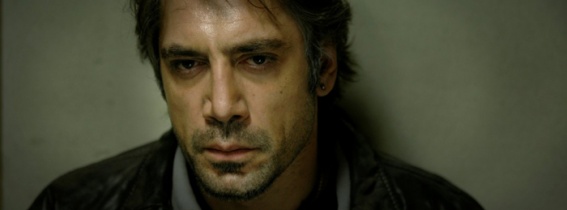Review: Biutiful

Unwatchable without Javier Bardem’s affecting, devastatingly committed performance, Alejandro González Iñárritu’s Biutiful – his first film minus regular writing partner Guillermo Arriaga – plunges the viewer into a shapeless, sprawling character study that functions as nothing less than a punishing reminder of how rotten the universe can be. Yet even with a powerhouse like Bardem holding fort, this misery-laden feel-bad saga struggles to transcend its unsubtly despairing view of humanity, and might have you gasping for air long before its funereally paced 148 minutes are up.
Like Frenchman Olivier Assayas, if a lot less graceful, Iñárritu’s a globally minded filmmaker who recognises the world is getting smaller, and in Biutiful, he ambitiously threads together subplots involving cheap Chinese labour and African street hawkers into a disease-of-the-week story where Bardem’s cancer-suffering middle-man Uxbal is forced to confront his mortality. But it’s the sort of film where that’s not enough: he’s also the father of two children whose mum is a drug-addled, bipolar prostitute (Maricel Alvarez: terrific), and when time permits, a medium-for-hire who communicates with the dead.
While Iñárritu’s newfound narrative linearity and occasionally stunning imagery are welcome, the film is overall, as clumsy as the splintered structures of Babel and 21 Grams. It clobbers you over the head with such merciless destitution that its rare moments of light – such as a tiny touching scene where Uxbal’s kids are escorted home by the wife of a Senegalese dealer – feel both emotionally stirring and unfortunately short-changed.
















